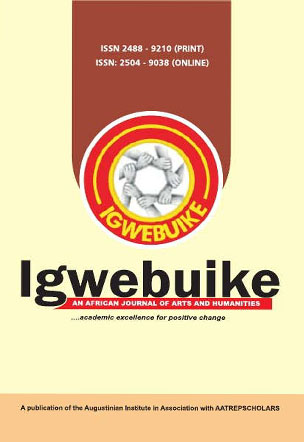
Vol. 11 No. 7, 2025
ABSTRACT
This study examines the integration of Artificial Intelligence (AI)-driven systems for the early detection and prevention of youth cult recruitment within Awka Metropolis, addressing the interplay between physical and digital recruitment tactics. Employing a qualitative methodology that incorporates primary and secondary data collection, the research utilizes ethnographic and digital content analysis to investigate the socio-cultural and technological dimensions of cult recruitment. Grounded in Routine Activity Theory (RAT), the study posits that cult groups exploit both local physical interactions and digital platforms to groom, recruit, and sustain members. These dual strategies leverage societal vulnerabilities, peer influence, and the widespread use of social media among youths. A notable gap in existing scholarship is the lack of AI-based frameworks designed to address this dual recruitment model, particularly within the Nigerian context. Findings reveal that digital platforms, such as social media and encrypted messaging apps, complement traditional physical recruitment methods, creating a multifaceted challenge for stakeholders. To mitigate this, the study recommends deploying AI systems to monitor digital communication patterns, alongside grassroots education campaigns targeting at-risk youth. Furthermore, stimulating collaboration among local authorities, technology companies, and community leaders is essential to developing an adaptive, culturally sensitive approach to curbing cult activities. This holistic strategy offers a pathway to protecting youth and strengthening community resilience
